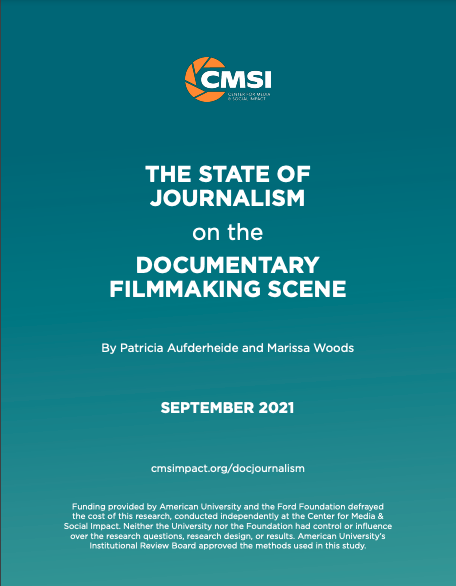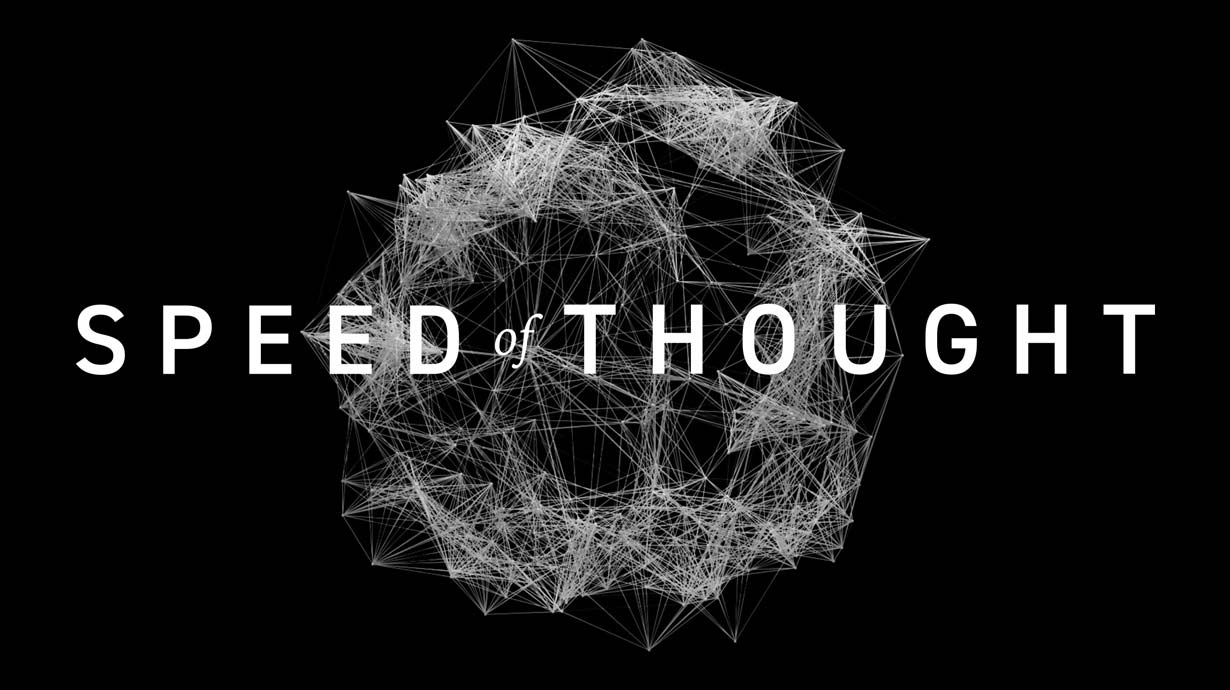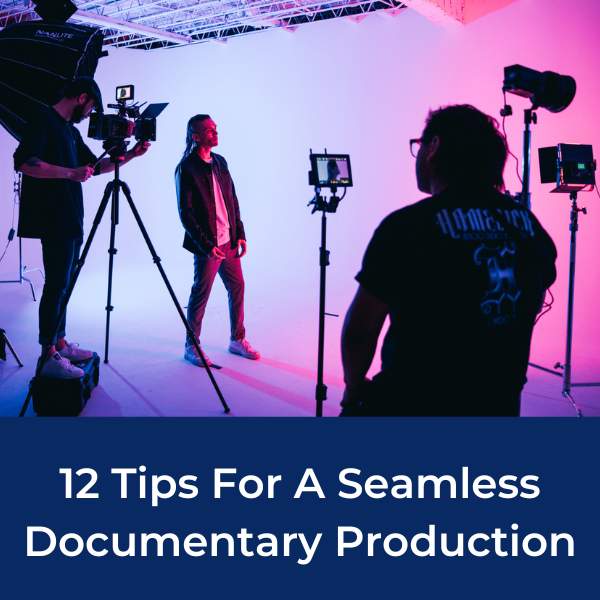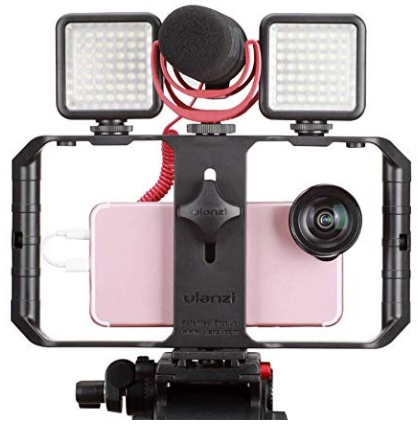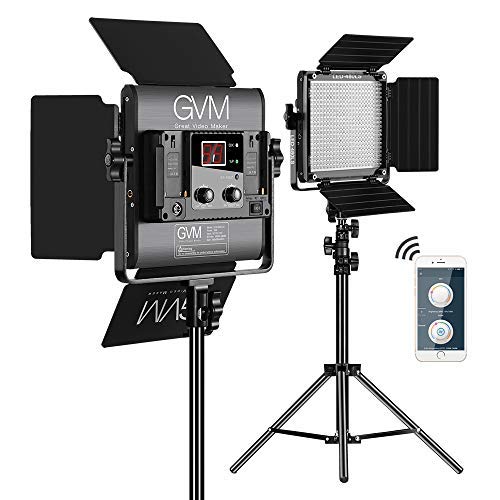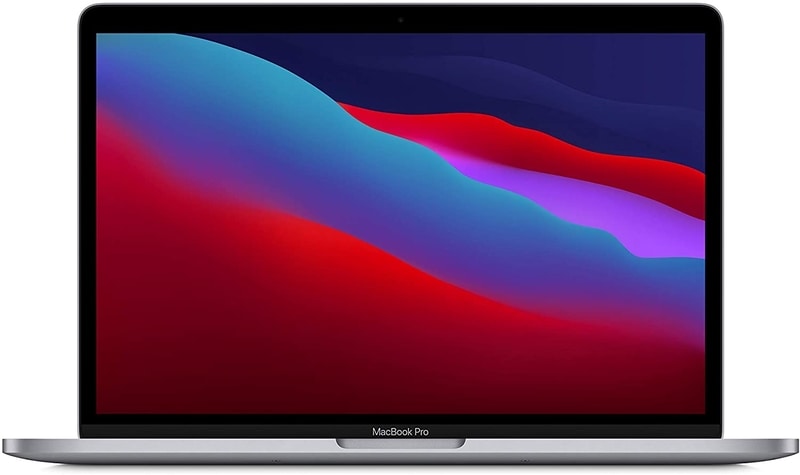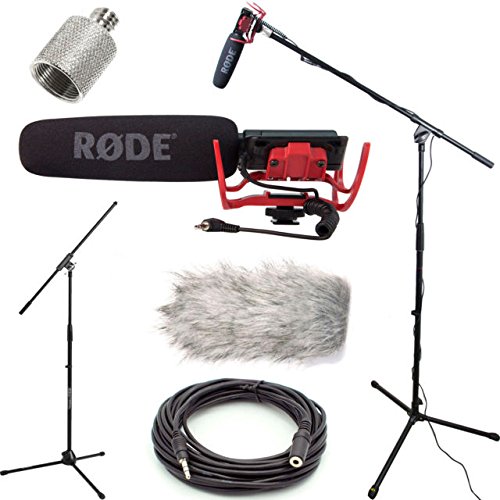Journalism vs Documentary:
3 Key Differences
A recap of the Center for Media and Social Impact's 2021 Report: The State of Journalism on the Documentary Filmmaking Scene

By Caitlin Cooper
Most people think of journalism and documentary filmmaking as close siblings.
They’re actually a lot more like distant relatives.
In fact - the term “documentary” is several centuries younger than "newspaper"!
So, while journalism provides many good principles for making documentaries, documentary filmmaking is a totally different field …for better AND for worse.
For worse?
Well, sometimes.
Related: Should You Pay Your Documentary Subjects?
The Center for Media and Social Impact (CMSI) in 2021 released “The State of Journalism on the Documentary Filmmaking Scene,” a thought-provoking report produced from interviews with over 60 documentary professionals.
Here are the takeaways.
Documentary filmmaking is on the “informational frontier.”
According to Nash Information Services (2021), the number of annual documentary theatrical releases has more than tripled since 2000.
At the same time, the report’s authors emphasize the vague parameters for what makes a documentary a documentary.
So, what does it mean when a flexible term like documentary becomes mainstream?
Blurred lines, especially when documentaries aim to entertain.
Don’t get me wrong - an entertaining documentary is totally possible and very effective. Two of my favorites are Hand on a Hard Body (1997) and the recent Sundance success Some Kind of Heaven (2020).
But recently, it has become more common to see both deceiving data and totally fictional scenes (or entire films) within the category of documentary.
In those cases, the story is told in a way that achieves a specific audience experience, but not necessarily truthfully.
Artificial intelligence was used to mimic the voice of Anthony Bourdain in Roadrunner (2021) without openly informing the audience.
Like with journalism, documentaries should never present a falsehood as “fact.”
However, many documentaries battle with something far more complex - creative freedom.
For example, in the documentary Roadrunner, filmmaker Morgan Neville used AI technology to recreate the voice of Anthony Bourdain “reading” an email Bourdain had written.
So, not a falsehood, but also not reality.
CMSI’s report asks: is “bending reality” ok in documentary? And if so, to what extent?
And, does the audience deserve to know beforehand?
Related: AI Tools for Documentary Filmmakers
The future of documentary sponsorship
Documentaries are funded by donors far and wide.
But problems can arise when organizations or private companies fund documentaries related or “in benefit” to their work.
The degree of funder influence in the making of these films is typically unknown, begging an interesting question - what’s the limit of propaganda for “sponsored” documentaries?
CMSI warns that this practice has been allowed to go on without much scrutiny or transparency.
Telecommunications company Verizon sponsored a documentary about the advantages of 5G technology.
Related: Documentary Funding: Steps To Finding Money For Your Film
An "anything goes" art form?
Both documentaries and traditional journalism, entertaining or not, intend to inform. The difference lies in how they do that.
In journalism, long-held ideas about ethics and bias influence how the job gets done.
In other words, “anything” definitely does NOT go in journalism.
There are strict rules and guidelines about reporting and presenting facts as you can see here in the PBS Journalistic Guidelines.
The field of documentary, however, does not have any industry guidelines or code of ethics.
Related: Let's Get It Right: Fact-Checking In The Age of Mass Disinformation
What's the big deal?
CMSI’s report calls attention to the growing role of documentary films in informing the public.
For example, Americans are more confident in the veracity of information when presented in a documentary film than when the source is a news outlet.
Yet, according to CMSI, the risk of misinformation is notably higher in documentary, since there is no established criteria.
This is problematic for a few reasons.
Documentary filmmakers aim to reach an audience just like fiction filmmakers; that usually means SELLING their film.
When large scale appeal is the bottom line for buyers - how sensational must a documentary be to “fit the bill”? Does that imply cutting corners on the important stuff? Like the facts?
The report also suggests that there could be a greater platform for debate about documentary filmmaking today.
This could be achieved through more documentary criticism - in other words, written articles or resources that help an audience to decide which documentaries to see on a topic, and why/why not.
Steps forward
“Documentary falls between journalism and the arts,” say the report’s authors.
But that doesn’t mean it can’t be held to some standards.
Here are some steps forward for the industry:
A code of ethics
A set of guidelines or code of ethics would be beneficial not only to documentary filmmakers, but also their subjects.
These guidelines may also help to hold distributors accountable for which films they deem “documentaries.”
A few great projects are already in the works, such as:
- The Documentary Accountability Working Group
- Documentary Producers Alliance
Promote the documentary beat within journalism, from reporters of all backgrounds
The authors highlight the lack of journalism critiquing or qualifying documentary films.
Some ideas proposed by the report include a “Review of Documentary,” similar to The New York Review of Books.
The authors also supported establishing awards and recognition for ethical documentary practice.
Support research and oversight of documentary filmmaking
Given the importance and impact of documentaries in today’s world, there’s a huge opportunity for more research, on both the “making” and the “selling” of documentaries.
And that’s just the tip of the iceberg!
This topic is difficult and intriguing…and always changing.
Read the rest of the report here.

Reporting by Caitlin Cooper
Caitlin Cooper is a documentary filmmaker and freelance journalist. She is the co-founder of the production company Cine Vita, whose work has been screened and workshopped all over the world.
Documentary Resources
Ready To Make Your Dream Documentary?
Sign up for our exclusive 7-day crash course and learn step-by-step how to make a documentary from idea to completed movie!

